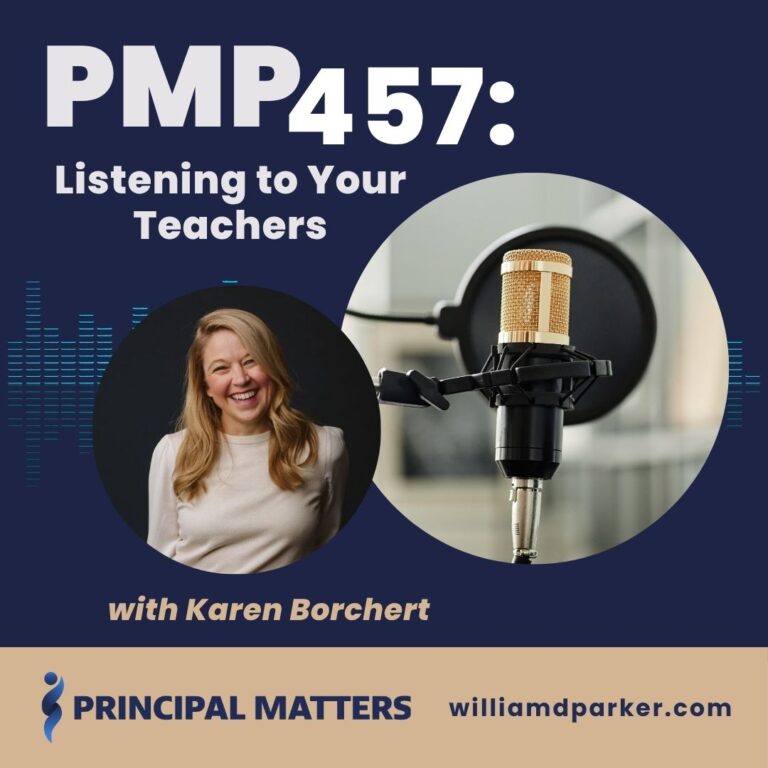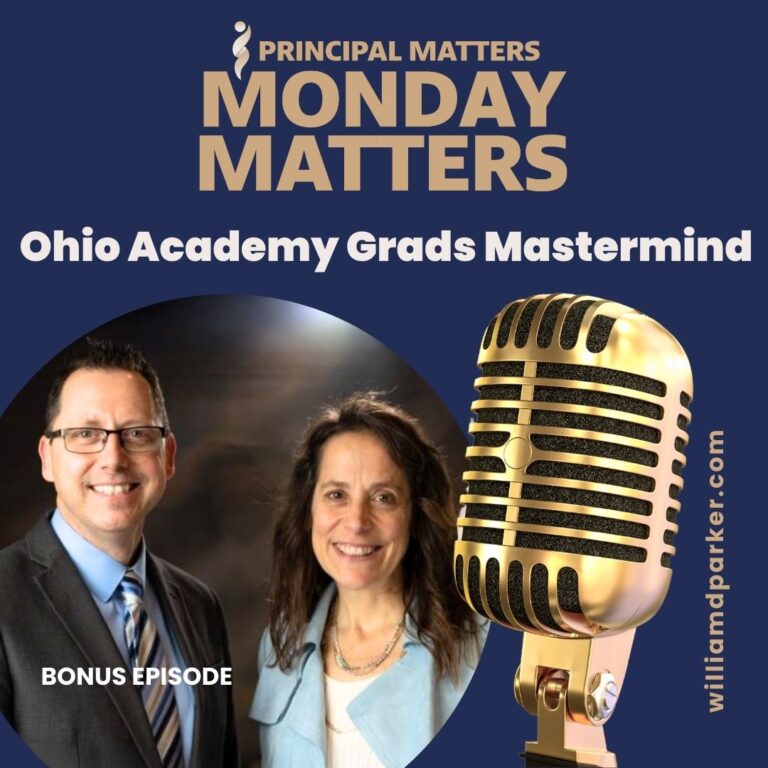Another hat a principal must sometimes wear is that of the advocate.
I am currently visiting Washington D.C. on the part of the National Association of Secondary Principals as the state coordinator for Oklahoma.
But really I am here for my students, teachers, and school community.
This morning principals from every state will be visiting with members of Congress. And during those visits, we will try to remind our elected representatives that the laws they discuss affect real students.
How Federal Laws Affect My School
Two years ago, Oklahoma qualified for a waiver from the requirements of No Child Left Behind. In its place, we adopted new Oklahoma standards based on Common Core Standards.
Out went the Adequate Yearly Progress numbers that were hard to interpret. And in came the A-F Grade that appeared in simple report-card format but in many cases represented the value of the paper it was printed on.
Both of these measures, NCLB, and A-F Report Cards were instruments of Federal and State standards intended to reform schools.
As with most one-size-fits-all approaches, schools have been left with huge testing burdens and no additional funding to manage the tasks.
Now that our Governor has repealed Common Core, our state is in limbo awaiting direction from state and federal officials on what standards will now guide our schools.
The Grace Example
Regardless of what direction elected officials go next, let me give you an example from my own school on how these requirements affect just one student.
Grace will be a freshman at my school. She competes in volleyball and plays clarinet in the band. She plans to take honors classes. In the coming year, her English and Math classes will participate in CFA’s (Common Formative Assessments) as well as Benchmark exams to determine what she knows, what she is learning, and what she has learned.
Over her four years at our school, Grace will participate in “internal school assessments” so that we can gauge how she is performing and growing. And she will take “outside assessments” that are both voluntary or state-mandated.
Here are some of the assessments she may take over her four years as a high school student:
- CFA’s or Common Formative Assessments (Teachers will use Study Island every 4 weeks in English and Math sections to check student learning; In Biology and US History, they use USA Test Prep.)
- NWEA Assessments (Benchmarks are given 3 times a year – at the beginning, middle and end of the year – in English I, II, III, IV, Algebra I, Geometry, Algebra II.)
- EOI’s or End of Instruction Exams (7 tests are required by the state including English II, English III, Algebra I, Algebra II, Geometry, Biology, and US History.)
- EOI retakes (If a student misses or scores low on a test, we must offer remediation and retakes fall, winter, and summer.)
- AP Tests (Students wanting to earn college-credits may take AP Lang, AP Lit, AP Calc, AP Bio, AP Stats, AP World History.)
- PLAN (All 10th graders take a practice ACT.)
- PSAT (11th grade and younger; a practice SAT also sees who may qualify for national merit scholar status.)
- SAT (most colleges in my state require the ACT but students looking at out-of-state options or certain scholarships may take the SAT.)
- ACT (11th and 12th grades take this, although many students are taking it in 9th and 10th grades as well.)
- ASVAB (Most 11th grade students take this if they are interested in military options.)
- WorkKeys (This is given as Alternative Assessment in case an EOI score is not proficient.)
Do The Math
If you consider the sections that Grace has in English and mathematics, she will participate in approximately 16 CFA’s, and 6 NWEA Benchmarks this coming year. As an honors student, she will take a EOI’s in Geometry and Biology.
That represents 24 formal assessments Grace will complete throughout one year. 2 of them are considered “high stakes” since they are required for graduation. This does not include the numerous “normal” paper-pencil assessments she will receive as a part of her regular class assignments throughout all subjects.
How Has Education Changed?
Over the past decade, as federal and state requirements have tied accountability to student and school performance, schools have responded by assessing more often and reviewing data to ensure students are meeting their targets.
So students like Grace still receive traditional instruction in core subjects and electives. But Grace’s teachers also embed a lot of assessments to measure her progress and growth.
What Does This Mean For Advocacy?
All of Grace’s assessments are done via technology. Her teachers use mobile labs for routine assessments, and computer labs for state-required EOI’s.
None of this technology is cheap. And schools are constantly upgrading and adding more computers, mobile labs, etc. in order to manage the new world of high-stakes education.
Resources require funding. States determine state formulas that provide the dollars we will spend. The federal government creates programs that supplement our funding.
To be specific, federal programs like Title I (for free/reduced lunch students) and Impact Aid (for priority segments of our population) and E-rate (a user fee tagged on to connection consumers) have provided some of that supplemental funding. Title II funding provides funding for continued teacher training and professional development.
Advocacy means asking legislators to understand the successes and the challenges of our students. On the other hand, advocacy means asking for the necessary support to meet the standards demanded by existing and newly created laws or policies.
Conclusion
School leaders must advocate for necessary support as well as try protect students from policies that sometimes forget about the individual student.
It is a tall order to serve students like Grace, but we have to keep her in mind, and the many other individual students we serve, as we grapple with how our government policies and laws will ultimately affect each one of them.
Now It’s Your Turn
Do you have a message you would like communicated to our elected representatives this week? What challenges have you faced in meeting new legislative mandates? What resources are you needing to help meet the growing needs of your school and district?
Sign-Up For Free Updates
When you enter your email address here, you will automatically receive my newest posts. Let’s keep learning together!


